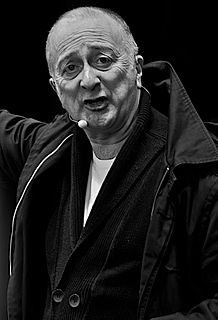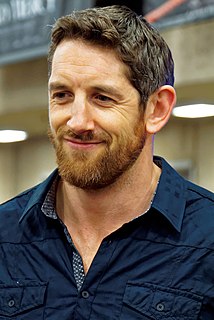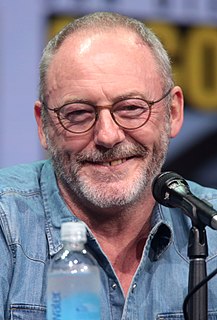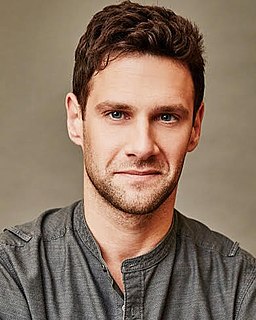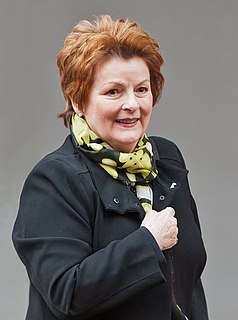A Quote by Peter Capaldi
We had our British background of traditional theatre behind us.
Quote Topics
Related Quotes
Actually the royal family were very gracious and good to me. But I also found that the British establishment were never quite sure what to make of me. I was a Labour figure, but I'd come from a very middle-class background. In one sense I offended both traditional right and traditional left. But I thought that was no bad thing.
We took the traditional lands and smashed the traditional way of life. We brought the diseases and the alcohol. We committed the murders. We took the children from their mothers. We practised discrimination and exclusion. It was our ignorance and our prejudice. And our failure to imagine that these things could be done to us.
Why did I want to become a director? I just had an early interest. My uncle was an actor in a local community theatre, and he ultimately persuaded me and a buddy of mine to come to that theatre, and we went to meet girls, and that turned into interested in kind of behind-the-scenes things, and from that point on, I was focused.

